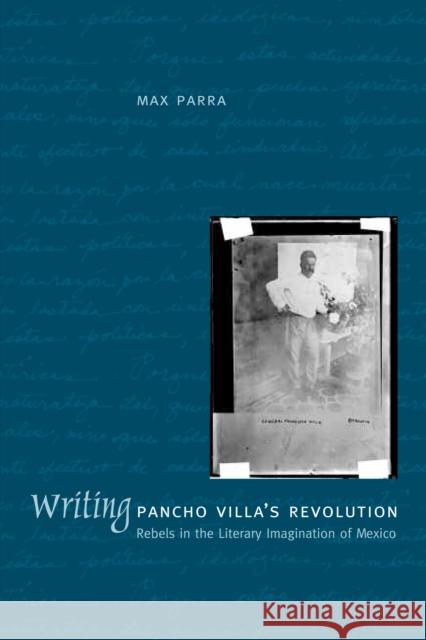Writing Pancho Villa's Revolution: Rebels in the Literary Imagination of Mexico » książka
Writing Pancho Villa's Revolution: Rebels in the Literary Imagination of Mexico
ISBN-13: 9780292709782 / Angielski / Miękka / 2006 / 197 str.
Writing Pancho Villa's Revolution: Rebels in the Literary Imagination of Mexico
ISBN-13: 9780292709782 / Angielski / Miękka / 2006 / 197 str.
(netto: 74,13 VAT: 5%)
Najniższa cena z 30 dni: 72,37
ok. 30 dni roboczych
Bez gwarancji dostawy przed świętami
Darmowa dostawa!
The 1910 Mexican Revolution saw Francisco "Pancho" Villa grow from social bandit to famed revolutionary leader. Although his rise to national prominence was short-lived, he and his followers (the villistas) inspired deep feelings of pride and power amongst the rural poor. After the Revolution (and Villa's ultimate defeat and death), the new ruling elite, resentful of his enormous popularity, marginalized and discounted him and his followers as uncivilized savages. Hence, it was in the realm of culture rather than politics that his true legacy would be debated and shaped.Mexican literature following the Revolution created an enduring image of Villa and his followers. Writing Pancho Villa's Revolution focuses on the novels, chronicles, and testimonials written from 1925 to 1940 that narrated Villa's grassroots insurgency and celebrated--or condemned--his charismatic leadership. By focusing on works by urban writers Mariano Azuela (Los de abajo) and Martin Luis Guzman (El aguila y la serpiente), as well as works closer to the violent tradition of northern Mexican frontier life by Nellie Campobello (Cartucho), Celia Herrera (Villa ante la historia), and Rafael F. Munoz (Vamonos con Pancho Villa ), this book examines the alternative views of the revolution and of the villistas. Max Parra studies how these works articulate different and at times competing views about class and the cultural "otherness" of the rebellious masses. This unique revisionist study of the villista novel also offers a deeper look into the process of how a nation's collective identity is formed.











